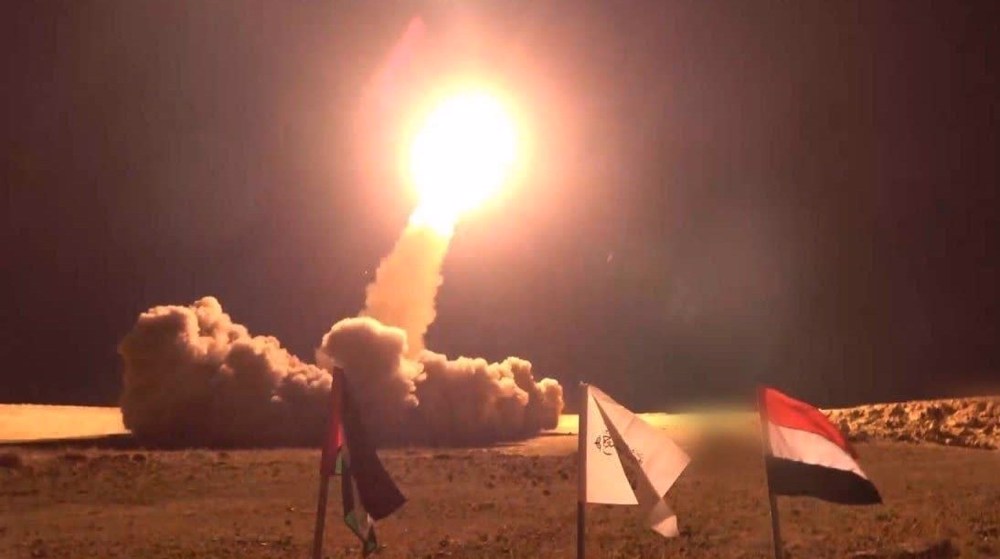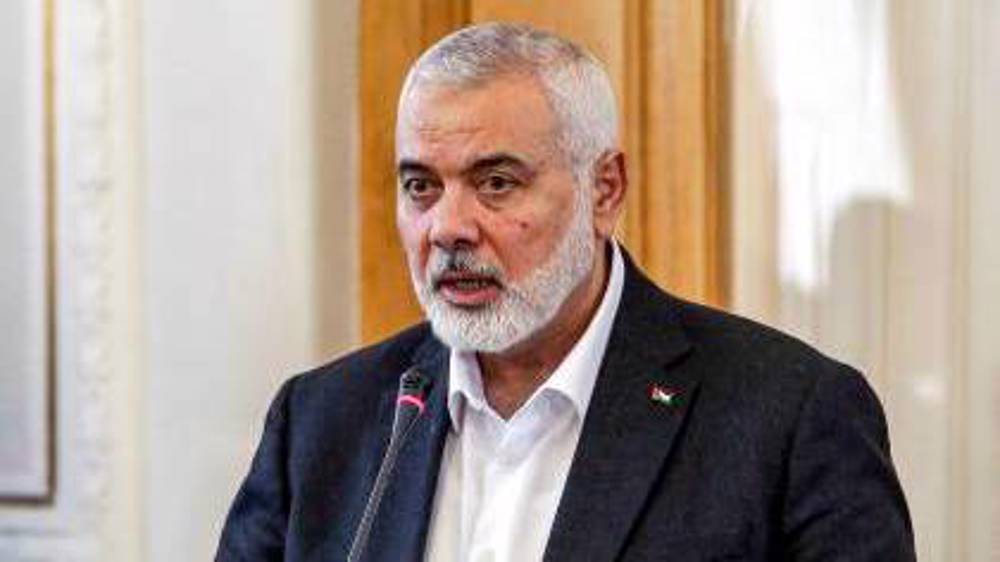‘Saudi blockade stopping cash flights, strangling Yemen’s economy’
The Central Bank of Yemen has censured the Saudi-led enforcement of a blockade over the Yemeni airspace and the 12-month closure of the country’s primary international airport in the capital city Sana'a, arguing that such restrictive measures are blocking flights that are bringing in cash and “strangling” the economy.
Governor of Aden-based Central Bank Mansr al-Qaiti, in a strongly worded statement released on Monday, criticized the Saudi-led coalition, which has been pressing with an atrocious aerial bombardment campaign against the impoverished and crisis-stricken Arab nation for more than two years, for banning 13 flights carrying cash to Aden since April “without justification or clear reason.”
He expressed “deep regret for such impediments,” saying they undermine the bank's daily business and accused the coalition of “strangling the Yemeni economy” and blocking the much “needed liquidity.”
Last year, Yemen's resigned president Abd Rabbuh Mansur Hadi, who has occupied Yemen's southwestern port city of Aden with the help of Riyadh, his loyalists and militia, moved the country's central bank from Sana'a to Aden, creating a growing economic crisis in the country.
Hadi claimed that Houthis, who are in control of large swaths of Yemen, including the capital, looted the bank; an allegation that was categorically rejected by the Houthis, who have been running state affairs and defending the nation against Saudi military campaign over the past two years.
The United Nations has frequently called on Saudi Arabia to immediately lift its “paralyzing” aerial and naval blockade on Yemen.
“The unwarranted restrictions on the flow of commercial and humanitarian goods and services into Yemen and impeding distribution within the country are paralyzing a nation that for far too long has been a victim of war,” Idriss Jazairy, UN special rapporteur on the negative impacts of unilateral coercive measures on the enjoyment of human rights, said in a statement in mid-April.

The Saudi blockade is one of the main causes of the humanitarian catastrophe in Yemen and has disrupted the import and export of food, fuel and medical supplies as well as humanitarian aid, he added.
Last month, the UN announced that more than 17 million people in Yemen were currently food-insecure, of whom 6.8 million were severely food-insecure and in need of immediate aid.
It underscored that Yemen's conflict that has left 18.8 million people in need of assistance, including 10.3 million who require immediate assistance to save or sustain their lives.
Saudi Arabia has been incessantly pounding Yemen since March 2015 in an attempt to reinstate Hadi, a staunch ally of Riyadh, and to undermine the Houthi Ansarullah movement. The Riyadh regime has, however, failed to reach its goals despite suffering great expense.
The military aggression has claimed the lives of more than 12,000 people, mostly civilians.
'Israel booby-trapped walkie-talkies, pagers years before Lebanon blasts'
Gaza Health Ministry calls for urgent intl. help to protect hospitals amid Israeli genocide
Stakes involved in Iran’s partnership with Eurasian Union
VIDEO | Press TV's news headlines
Iran says ‘ready’ to reopen embassy in Syria, holds talks with Damascus
VIDEO | 12 people killed in ammunition factory blast in northwest Turkey
Iraq’s PMU masses resistance forces on border with Syria amid mounting concerns
Israel killed over 700 athletes in Gaza since October 2023



















 This makes it easy to access the Press TV website
This makes it easy to access the Press TV website